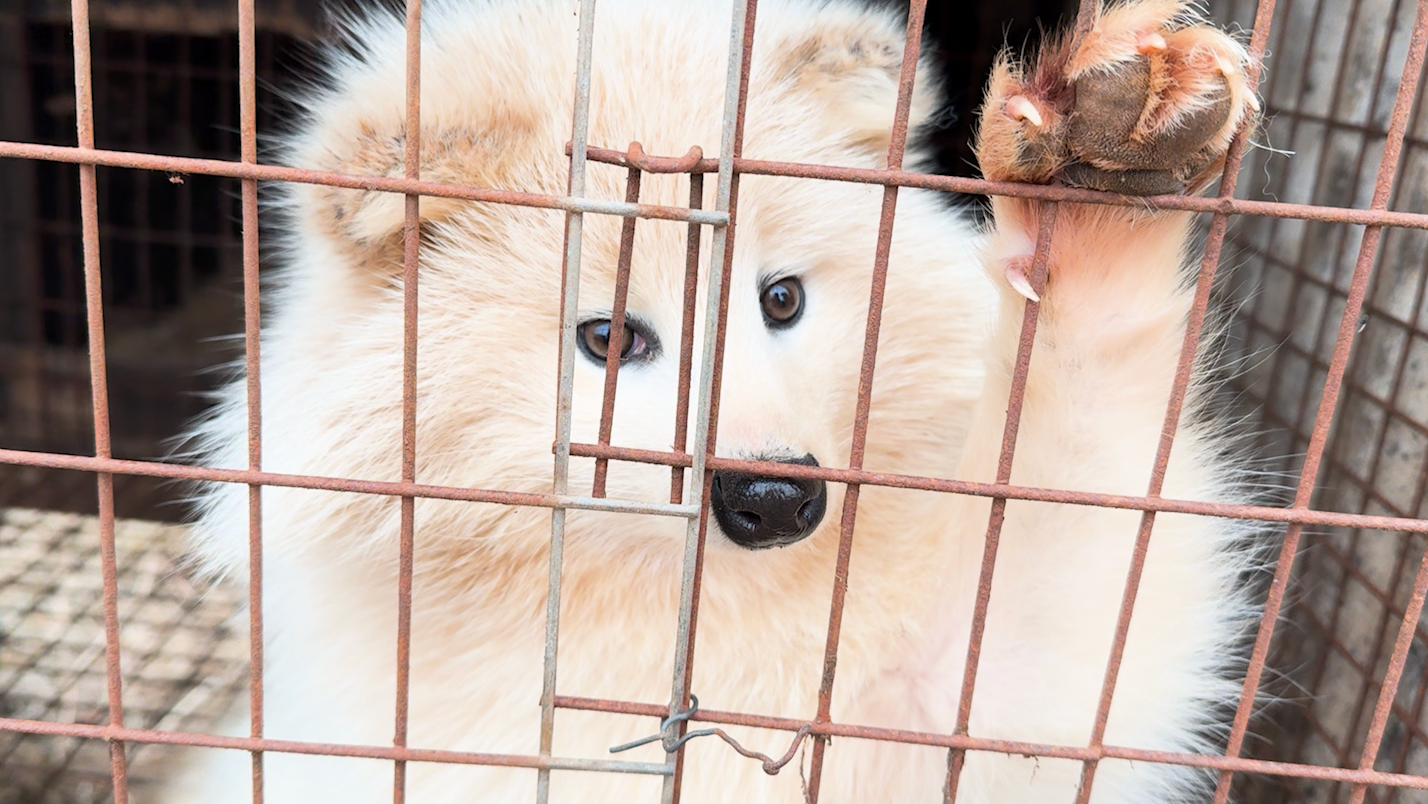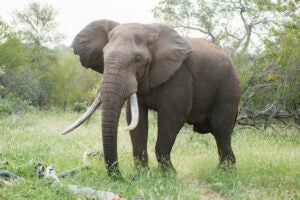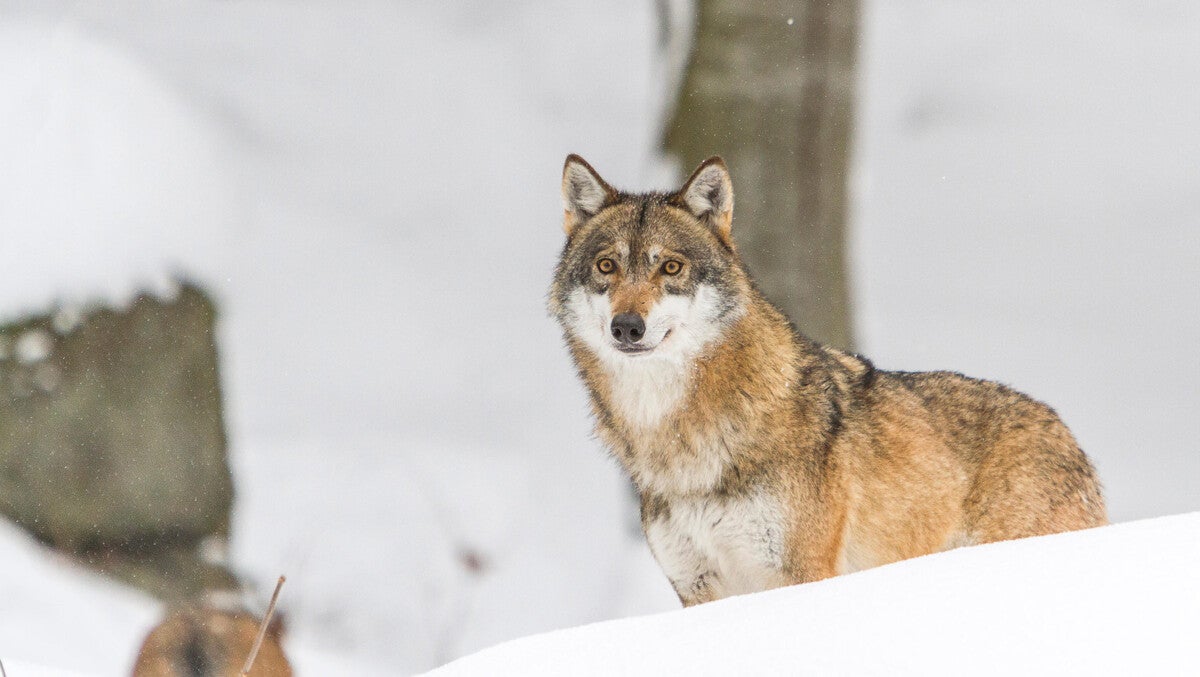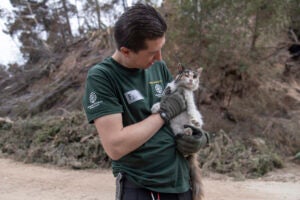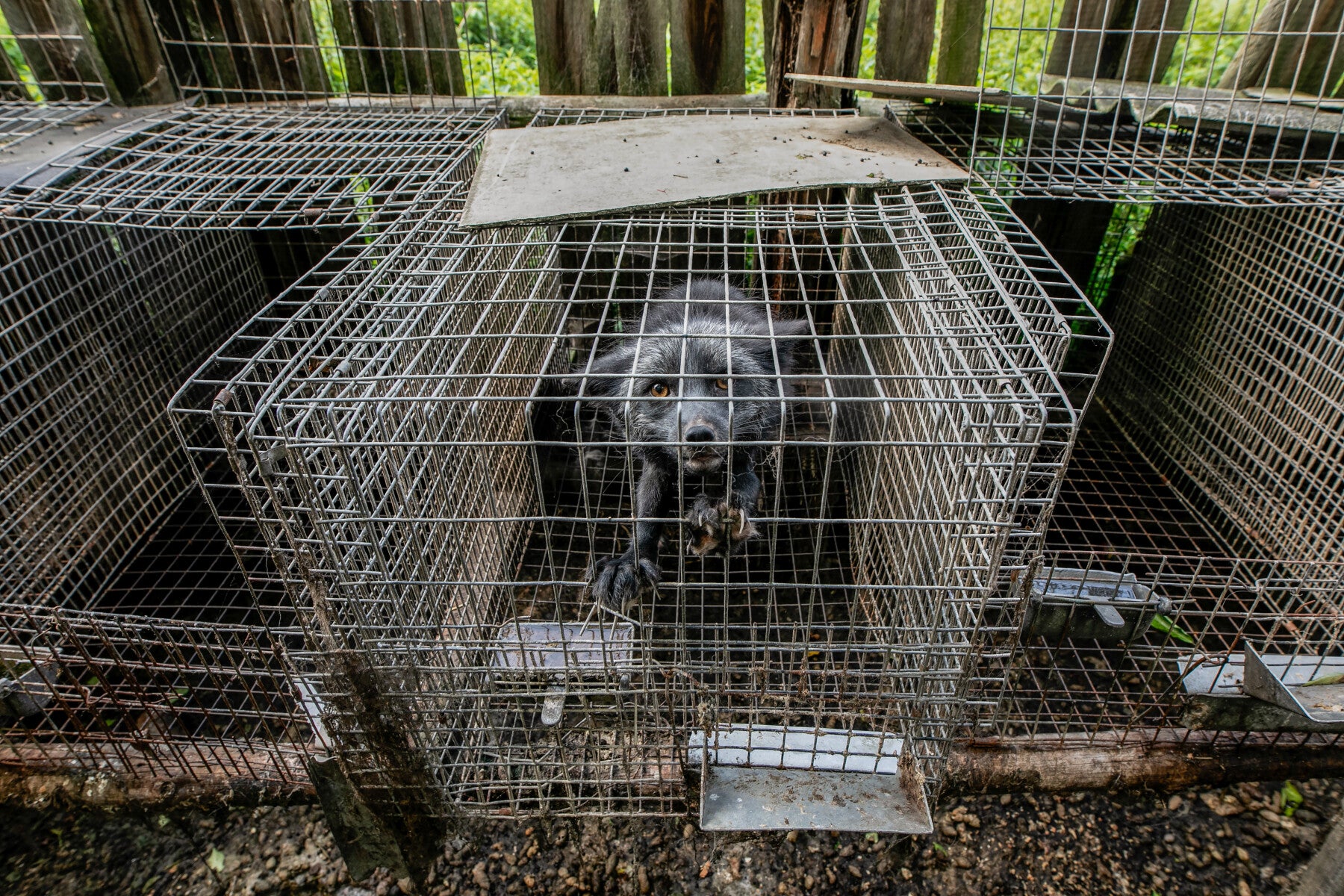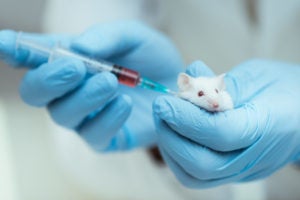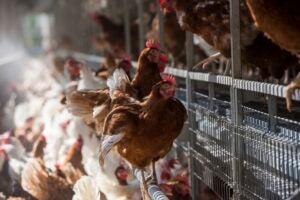
DA NANG, Viet Nam—Humane Society International applauds An Phu Farm, a farm-to-fork food store chain in central Viet Nam, for its commitment to improve animal welfare. After dialogue with HSI, the company has pledged to phase out the purchase of eggs and pork products from farms that use intensive cage and crate confinement systems, and will apply this policy to its own pig and egg farms, with a commitment to fully implement by 2025.
An Phu Farm prides itself on being a sustainable food retailer in Da Nang with a vision to bring the best quality and sustainable products to customers. After nearly 10 years in business, An Phu Farm has six food stores, and both an egg farm and a pig farm, operations the company plans to expand in the years to come.
Discussing its commitment, Phan Anh Tu, CEO of An Phu Farm stated: “We are pleased to become the first chain in central Viet Nam to join the global cage-free movement. Our team is excited about this new journey and we look forward to working with suppliers and other stakeholders to implement this important commitment.”
Under An Phu Farm’s plan, eggs from all company-owned farms will be certified by an animal welfare certification program as the company moves to go cage-free by 2024 and guarantee that 100% of the eggs it gets from external suppliers will be cage-free by 2025 in all retail stores. The company has also set the target of becoming an animal welfare-certified pig producer that doesn’t use gestation crates by the end of 2025.
In its commitment, An Phu Farm joins companies including Pizza4P’s and Fusion hotels, among others in Viet Nam, that are working to improve animal welfare in their supply chains.
Cage-free housing for hens in egg production and group-housing for gestating sows provide opportunities for the animals to move freely and to express their most fundamental natural behaviors. Cage-free systems are a tremendous step up from the antiquated intensive cage and crate confinement commonly used in the industry. Gestation crates are barely larger than a sow’s own body and are so narrow that she cannot even turn around. Similarly, hens cannot even spread their wings or take more than a few steps in cage system housing.
Cage and crate-free housing are supported by leading international scientists and animal welfare scientists, and in response to consumer demand, companies and producers around the world are making this transition.
Hang Le, regional farm animal welfare manager for HSI in Southeast Asia, says: “Many companies and producers in Viet Nam have acted to improve the welfare of farmed animals. The pioneering commitment of An Phu Farm in central Viet Nam confirms that cage-free and group housing are the future.”
HSI works with companies and producers in various sectors, from retail to food manufacturing, to transition to higher welfare systems, such as cage-free egg production. In addition, we work with institutions to include more plant-based and protein alternatives for a more sustainable future.
Media contact: Phuong Tham: phuongth@hsi.org

